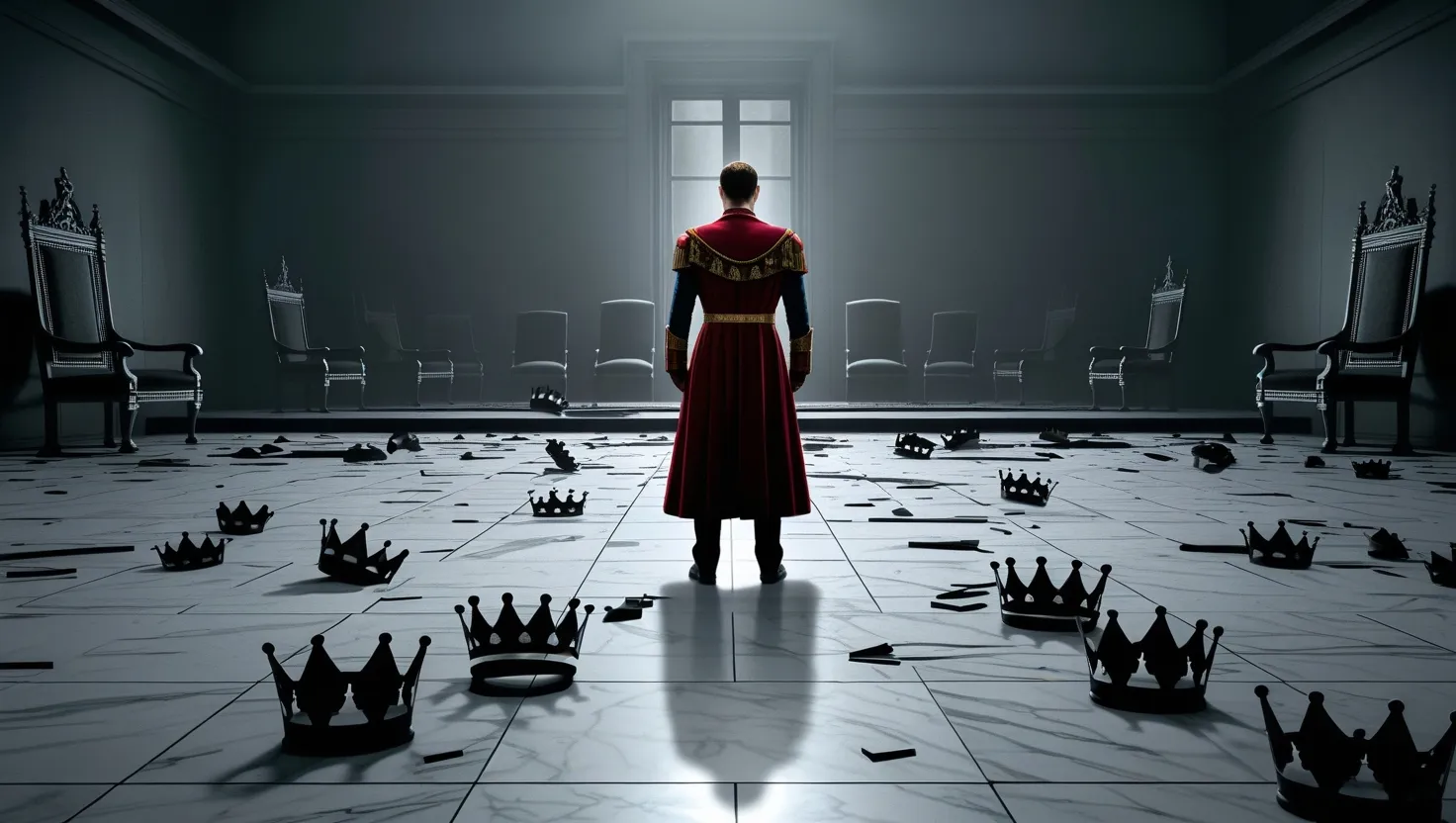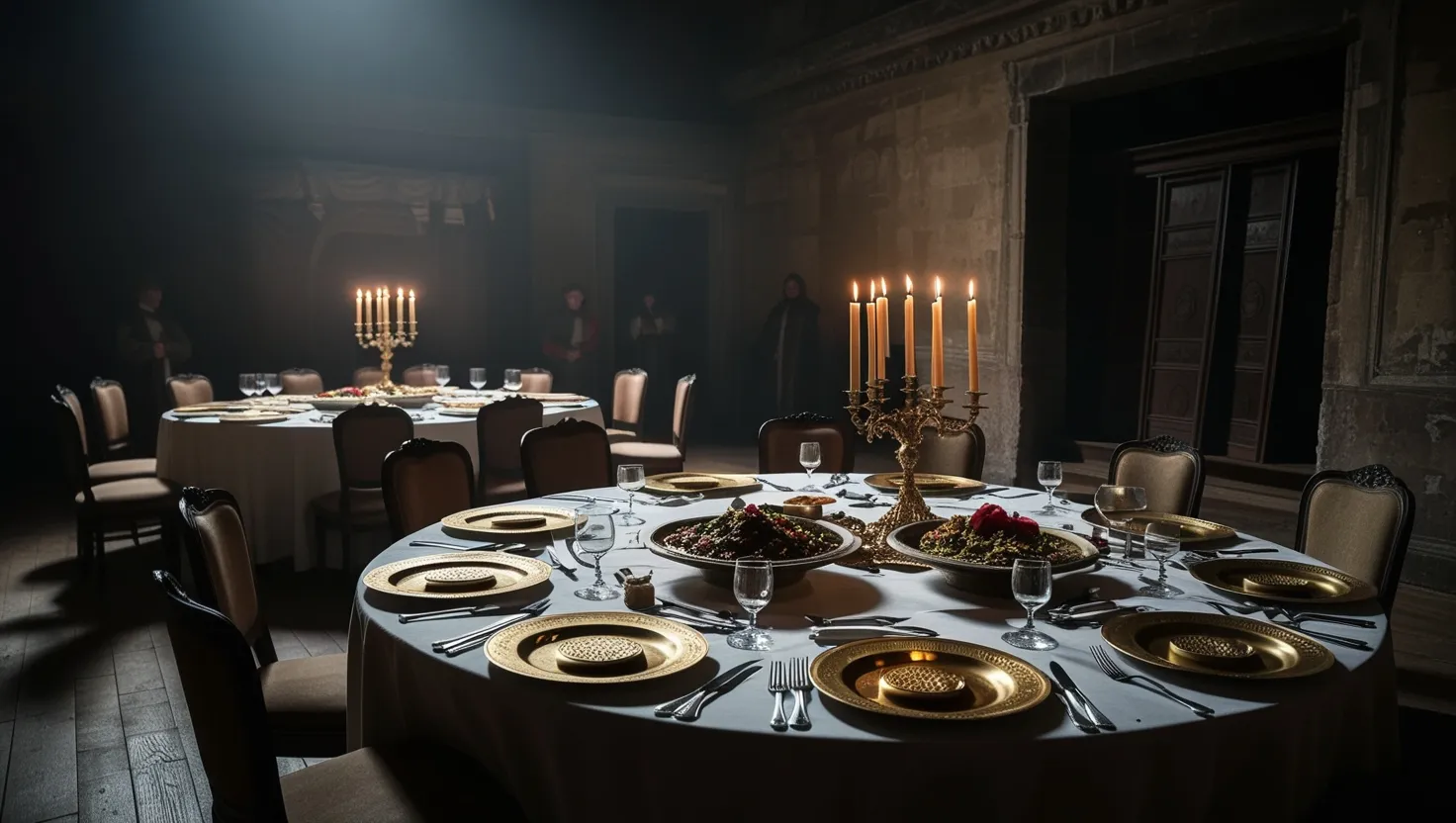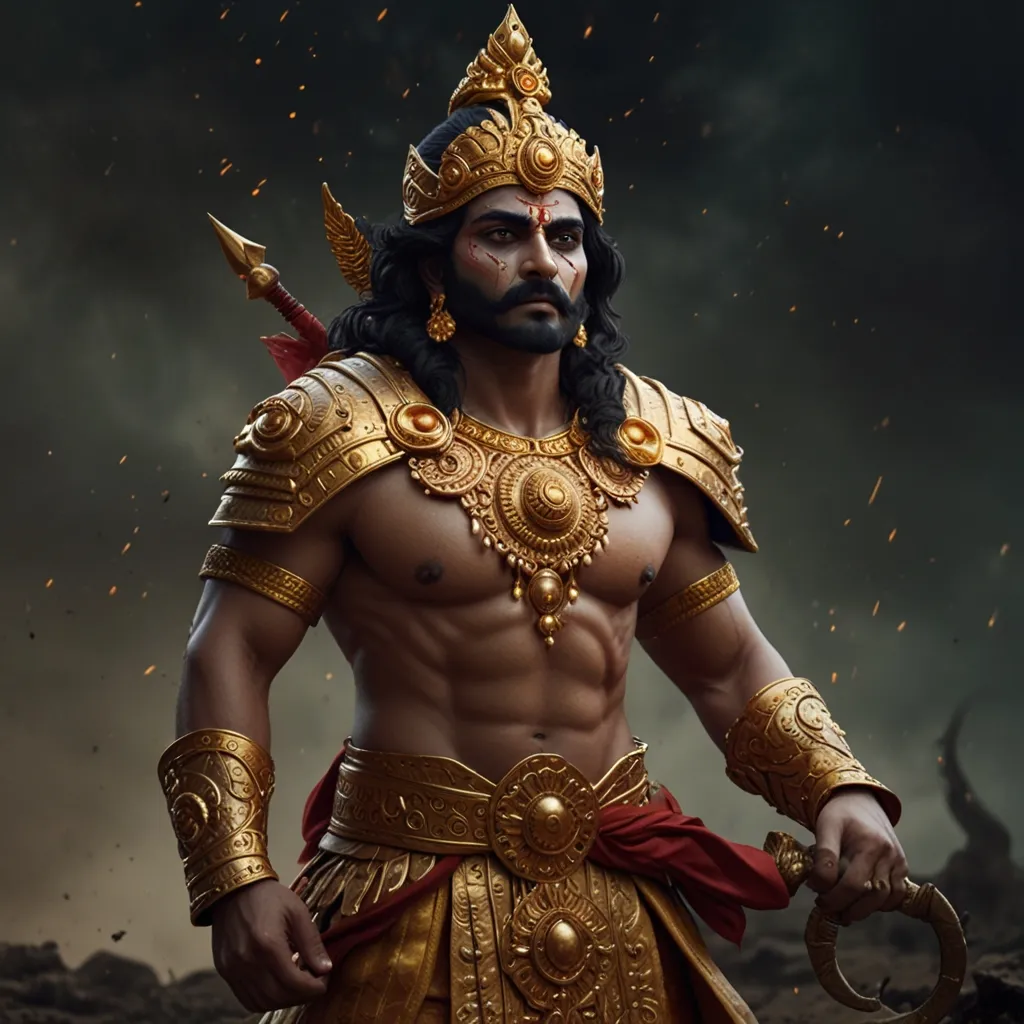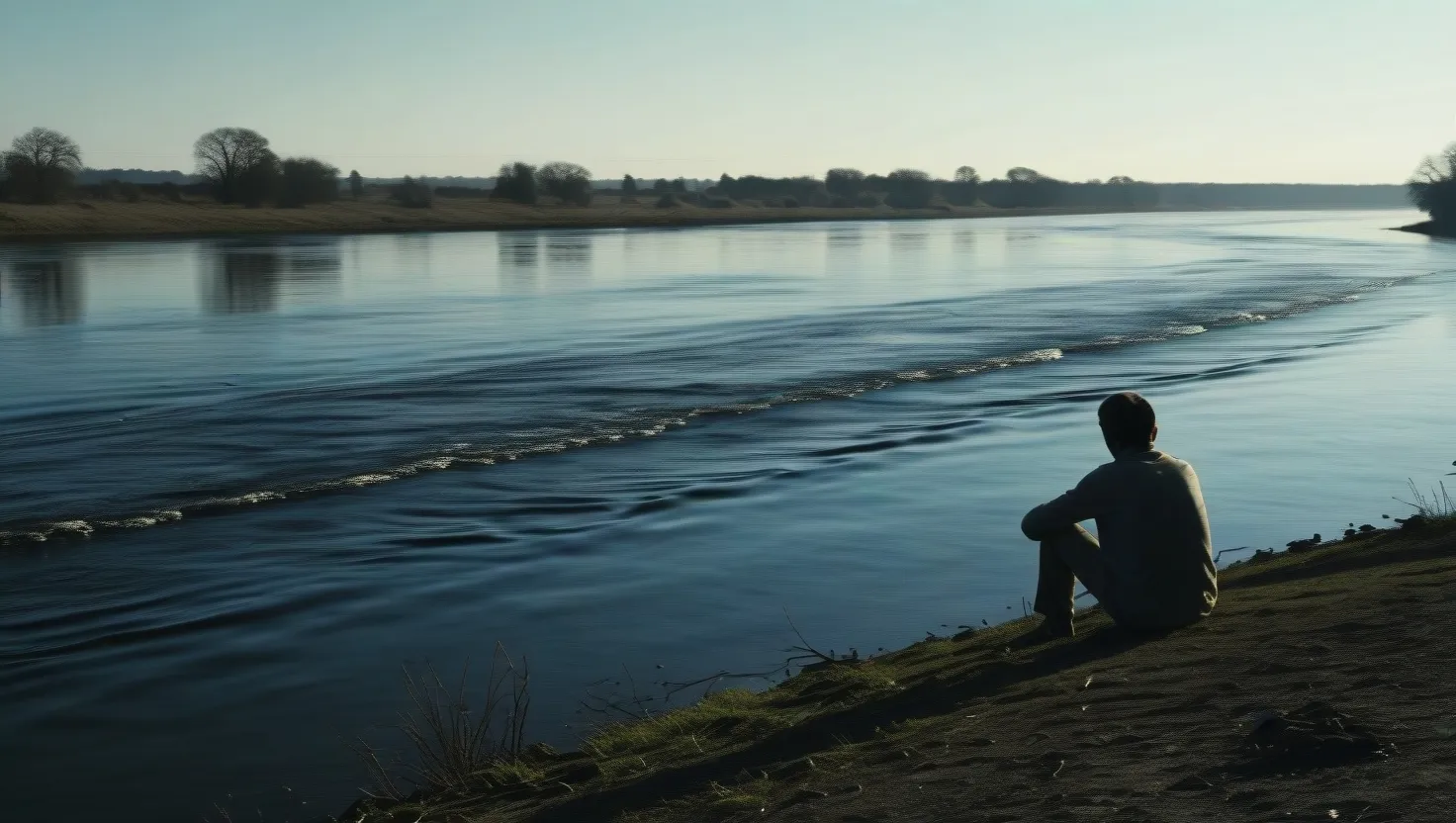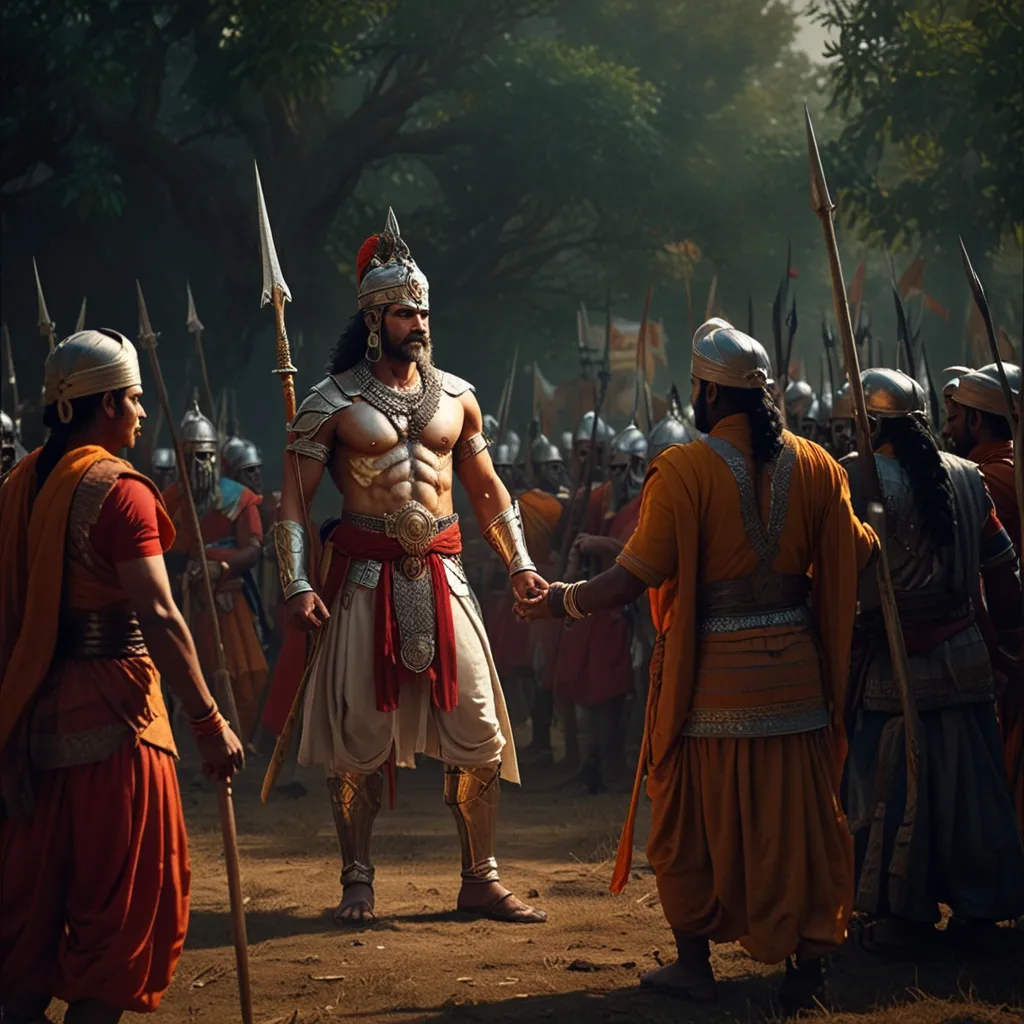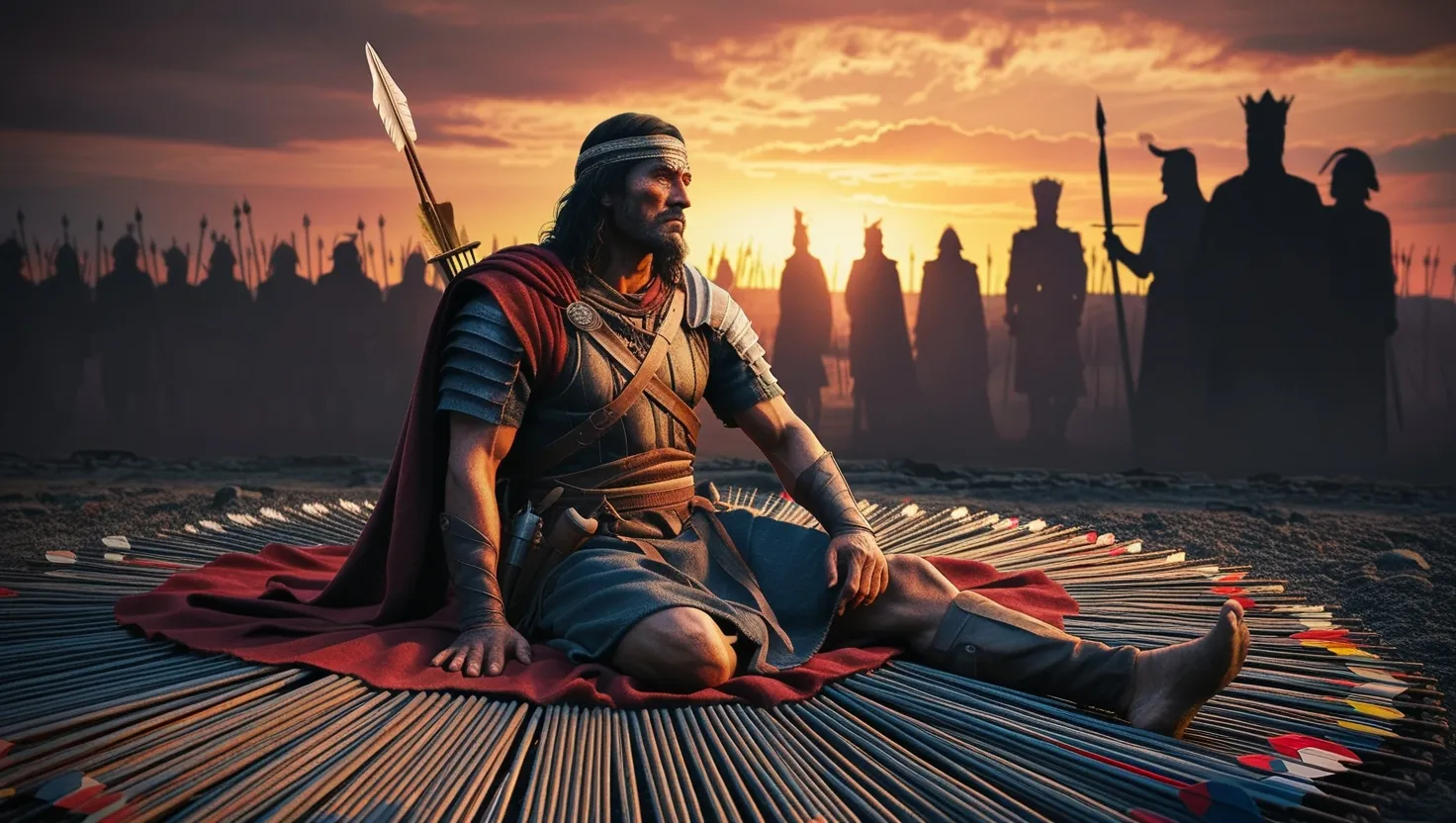Victory in the Mahabharata never meant what we think of as triumph. I often find myself returning to the moment Yudhishthira, crowned king, looked out over Hastinapura—a kingdom gathered, not through celebration, but through the unbearable silence of absence. He called it “dancing in a graveyard,” and that image sticks with me: not a city reborn, but one haunted by loss. The journey from the war’s end to the ascent of the Himalayas is a study in the weight of winning when the cost is nearly everyone and everything.
How much is too much to pay for righteous victory? The Pandavas could count their living allies on one hand. Kurukshetra’s soil, once the field of dharma, had become a vast grave. The widows and orphans—silent, unnumbered—were the constant audience to any attempts at celebration. Festivals became reminders of those missing faces, and each new dawn only deepened the sense that the living ruled over ghosts.
“Victory attained by violence is tantamount to a defeat, for it is momentary.” When Mahatma Gandhi wrote this, he might have been recalling Yudhishthira’s dilemma. Rule became penance, not privilege. Decisions that once seemed noble in the heat of war haunted him in governance. Every decree was shadowed by memory: his own hand had set cousins and teachers to slaughter.
Arjuna’s tale is rarely told after the last arrow fell. The poet’s description of his trembling hands lingers—a warrior whose greatest feats on the battlefield became private curses when the war was over. He had slain Karna, only to learn he was his own brother. He watched his son, Abhimanyu, encircled and butchered. The chariot’s roar faded, leaving only second-guessing and regret. Are certain wounds too deep for even divine wisdom to heal?
“I am not afraid of death; I just don’t want to be there when it happens.” Woody Allen’s words, playful in tone, take on a chilling relevance. For Draupadi, victory came too late. Her tormentors lay dead, yes, but her five sons—the Upapandavas—were murdered in their tents. How many times have we believed justice is the end, only to find grief waiting instead? She embodied a new kind of emptiness: a queen without heirs, a mother stripped of solace.
Bhima, the thunderbolt of the Pandavas, completed every grim oath. He became infamous for acts of brutality whose memory repulsed even those closest to him. Drinking Dushasana’s blood, shattering Duryodhana’s thighs—these acts lingered as stains, not triumphs. The laughter and appetite that defined him dulled, replaced by a haunted quiet. How do you move forward when the feats others cheer become the very things that keep you awake?
Krishna’s part in all this is perhaps the most chilling. He had watched the grand plan unfold, manipulating events for dharma’s sake, but not even his wisdom could evade consequence. Gandhari’s curse, spoken through unbearable grief, hung over him as a prophecy. He knew his clan, the Yadavas, would destroy themselves in drunken rage—his dearest family dissolving before his eyes. For someone seen as divine, isn’t it telling that he, too, was powerless to grant peace, even to himself?
Silence speaks loudly in Hastinapura’s post-war years. The physical wounds healed, but invisible scars festered. The survivors—be they kings or generals, mothers or warriors—became walking reminders that war ends long after the last blow. Decisions made in the name of dharma ripple outward, often with consequences none of us can predict.
“If you want to see the brave, look to those who can return love for hatred,” said the Bhagavad Gita. Yet how often do we see even the bravest unable to recover from the legacy of loss? Satyaki, Yuyutsu, and Kripa survived but spent their lives as witnesses, carrying narratives of horror to the next generation. Their stories warn: survival isn’t simply about not dying on the battlefield—it’s about finding a reason to live with what remains.
The Mahabharata’s lesser-known tales—the destitute women, the traumatized children, the hollow-eyed elders—deserve telling. Bards speak of heroics, but rarely detail the staggering loneliness that followed. How does a nation rebuild when its best and brightest lie in heaps on a field? For every line singing of victory, there are whole chapters muted by shame and regret.
We tend to measure victory by what is gained. The Mahabharata hints otherwise—perhaps, it must be measured by what is lost, and by the scars that persist. If you were king, could you bear the price of survival? Yudhishthira, for all his wisdom, never found an answer that brought him peace, despite ruling justly for decades. His own journey to the Himalayas, flanked by his brothers and Draupadi, became a slow ritual of letting go. Each companion falling, one by one, until he alone was left with a dog—an image powerful in its simplicity. Winning the world meant losing every personal bond.
“It is not the victory but the aftermath that makes one wise,” writes André Maurois, and I think of this as I reflect on the Mahabharata’s ending. The survivors became wise, but at unspeakable expense. Even heaven demanded further sacrifice from Yudhishthira before he was allowed peace. The cost of victory, then, is that no one truly wins—everyone is altered.
What would you have chosen in their place? Is it better to be a living ruler haunted by memory, or to die with one’s ideals intact? The Mahabharata spares none from consequence—heroes and villains alike join the dead, while the living grapple with meaning. Their stories demand that we not romanticize triumph, but remember the cost.
Remnants of that war linger—not just as legend, but as living questions in every society marked by conflict. What stories do we ignore among the so-called victors? How do we care for those who survived, but remain trapped by what they witnessed? Yudhishthira’s lament echoes through time: all victories come stamped with loss.
“To the victor, the spoils—and the nightmares.” Let’s not forget that even Pandavas, worshipped across ages, found little rest in their crowns. Legacy, the Mahabharata teaches, is not about conquest, but about facing every sorrow with eyes open—truthful, scarred, and humble. Would we have the courage to do the same?
